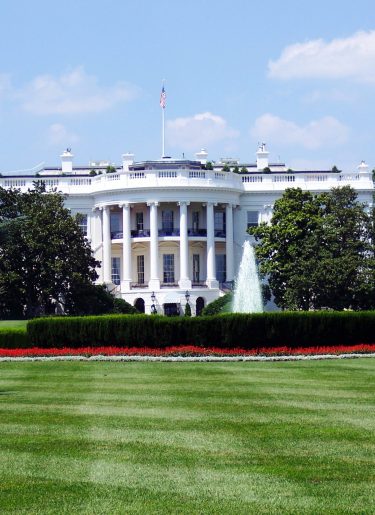
The Families First Coronavirus Response Act (FFRCA) ends by its terms on 31 December 2020. Many of us anticipated that the federal government would extend the FFCRA’s mandatory leave provisions into at least early 2021 when the vaccines become more widely available to the general public. The second stimulus bill, which has now been signed by President Trump, does not include an extension of the FFCRA’s mandatory leave provisions. Instead, the bill calls for an extension of the tax credits for paid sick and family leave until 31 March 2021. In other words, employers are no longer required to provide FFCRA leave after 31 December 2020, but if an employer decides to continue to provide paid leave under terms of the FFCRA in 2021, it may continue to take the available tax credits through 31 March 2021.
Employers should make a plan on how they are going to proceed in 2021 as they have several choices, such as:
Employers who choose to end the leave entitlement on 31 December 2020, or later are reminded that some employees may still be entitled to leave (paid or unpaid) under other laws such as the regular Family and Medical Leave Act (FMLA) or state and local laws or company policy.
It is currently unknown whether the new administration will push for any further extension of the FFCRA leave provisions (or its tax credits) once President-Elect Biden takes office.